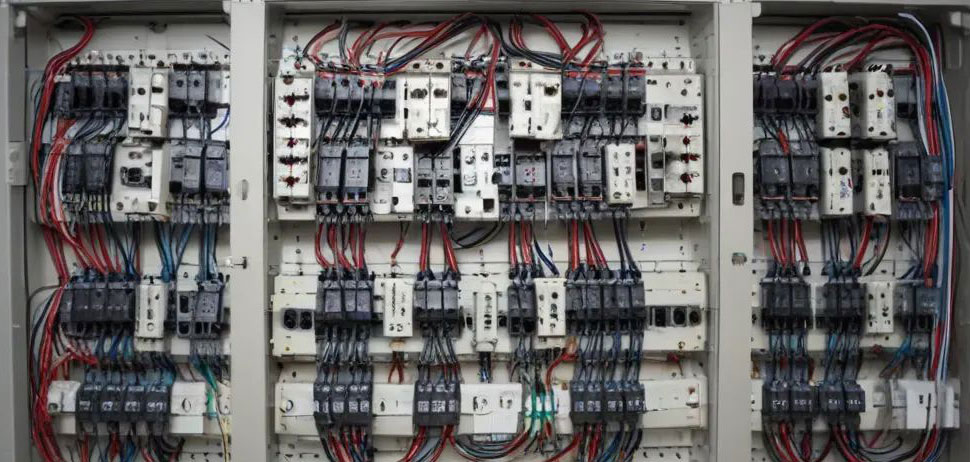Diploma/ Diploma LE in Electrical

The Diploma in Electrical Engineering
The Diploma in Electrical Engineering combines theoretical knowledge with practical skills, preparing students for entry-level positions in the field. It emphasizes problem-solving, critical thinking, and technical proficiency. Students learn to analyze electrical systems, troubleshoot issues, and propose effective solutions.
Eligibility
Diploma in Electrical Engg. - 10th
Diploma in Electrical Engg.(Lateral Entry) - 12th with PCM
Duration
Diploma in Electrical Engg. - Three years (Six semesters)
Diploma in Electrical Engg.(Lateral Entry) - Two Years (Four Semesters) for Lateral Entry
Job Opportunities
Diploma holders of Electrical Engineering program can pursue various career paths, including:
- Electrical Technician
- Electrical Engineer
- Electronics Engineer
- Power Systems Engineer
- Control Systems Engineer
- Renewable Energy Engineer
- Maintenance Engineer
- Project Engineer
Employment opportunities exist in both the public and private sectors, including government agencies, engineering firms, power utilities, manufacturing companies, telecommunications companies, and consulting firms.
Why Choose This Course:
- High Demand: Electrical engineering skills are in high demand globally, offering excellent job prospects and opportunities for career advancement.
- Diverse Opportunities: The field of electrical engineering offers diverse career paths, allowing diploma holders to specialize in areas such as power systems, electronics, telecommunications, and renewable energy.
- Hands-On Learning: The Diploma in Electrical Engineering provides hands-on training and practical experience, allowing students to develop technical skills that are highly valued by employers.
- Impactful Work: Electrical engineers play a crucial role in addressing global challenges such as climate change, energy sustainability, and technological innovation, making a positive impact on society.
- Lucrative Salary: Electrical engineering careers typically offer competitive salaries and benefits, providing financial stability and security.
- Continuous Learning: The field of electrical engineering is constantly evolving, offering opportunities for continuous learning and professional development.
Scope:
The scope of electrical engineering is vast, with opportunities in various industries such as power generation, transmission, and distribution; manufacturing; telecommunications; construction; and research and development. Electrical engineers play a crucial role in designing, implementing, and maintaining electrical systems, ensuring the efficient generation and distribution of electricity.

